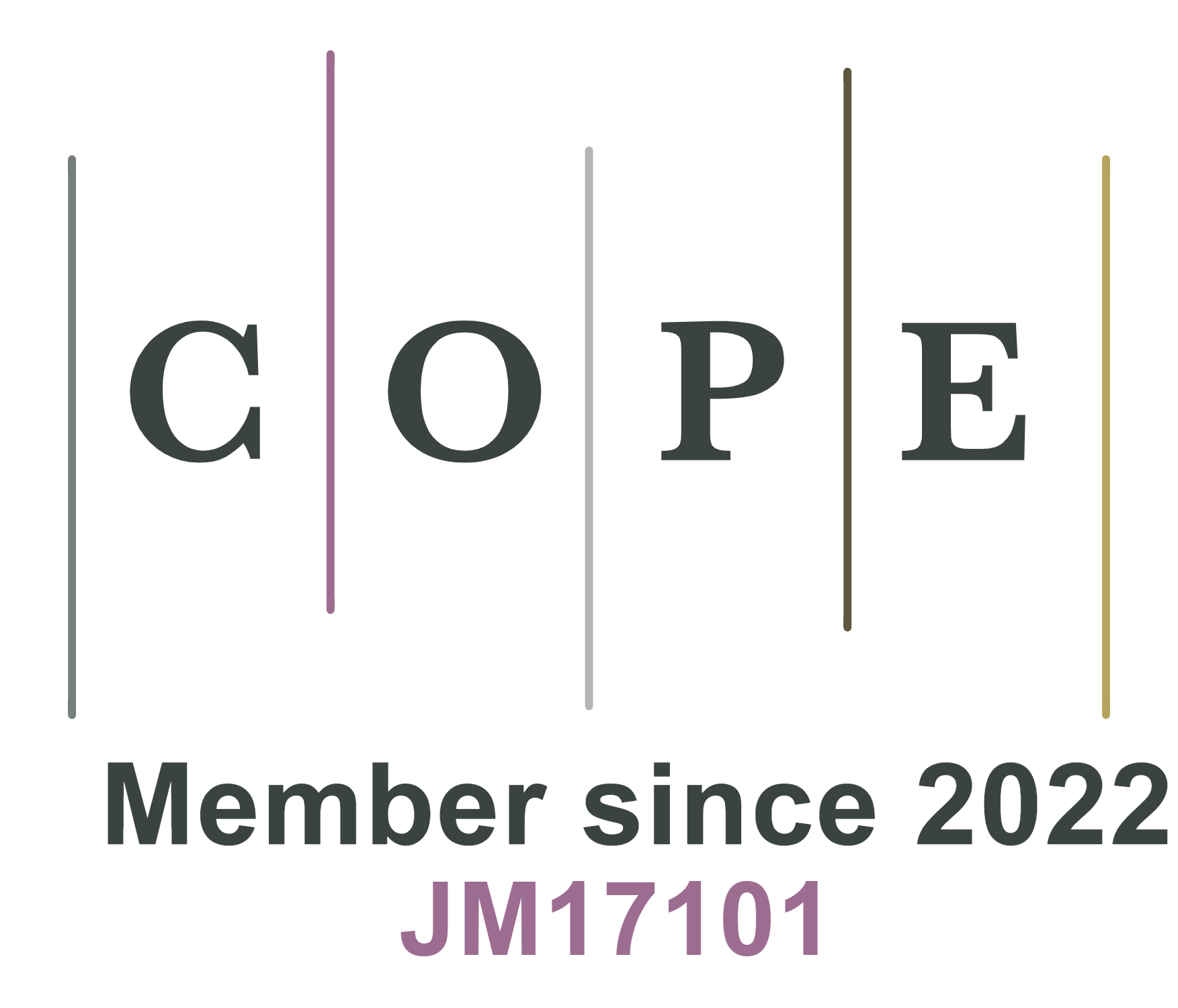Review | Open Access
Optimization strategies for high-performance aqueous zinc-sulfur batteries: challenges and future perspectives
Views: 9
Energy Mater 2024;4:[Accepted].
Author Information
Article Notes
Cite This Article
Abstract
Aqueous zinc-sulfur batteries (AZSBs) have emerged as promising candidates for high-energy density, cost-effective, and environmentally sustainable energy storage systems. Despite their potential, several challenges hinder the realization of high-performance AZSBs, including sluggish reaction kinetics, disproportionation reactions of ZnS in water, low conductivity and volume expansion of the sulfur cathode, poor wetting properties, and dendrite growth issues of the zinc anode. This review comprehensively summarizes optimization strategies for overcoming these challenges. We discuss cathode modification approaches, such as sulfur/carbon composites, sulfide composites, and catalytic sulfur matrices, which address low conductivity and volume expansion while enhancing sulfur conversion reaction kinetics. Additionally, electrolyte engineering strategies, including the use of iodide-based additives and co-solvent modifications, are examined for their effectiveness in improving reaction kinetics and wetting properties. Despite these advancements, AZSBs still face issues with long-cycle stability. Therefore, this review proposes future perspectives for the development of AZSBs. We aim to provide valuable insights into sulfur-based cathode materials and advance the achievement of high-performance AZSBs.
Keywords
Aqueous zinc-sulfur batteries, sulfur cathode, electrolyte additive, sulfur redox chemistry
Cite This Article
Chen Y, Ning J, Wen Y, Yao K, Zhang Y. Optimization strategies for high-performance aqueous zinc-sulfur batteries: challenges and future perspectives. Energy Mater 2024;4:[Accept]. http://dx.doi.org/10.20517/energymater.2024.123
Copyright
© The Author(s) 2024. Open Access This article is licensed under a Creative Commons Attribution 4.0 International License (https://creativecommons.org/licenses/by/4.0/), which permits unrestricted use, sharing, adaptation, distribution and reproduction in any medium or format, for any purpose, even commercially, as long as you give appropriate credit to the original author(s) and the source, provide a link to the Creative Commons license, and indicate if changes were made.














